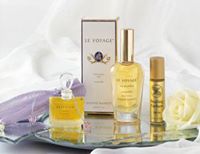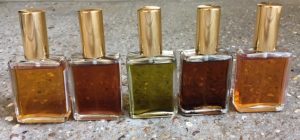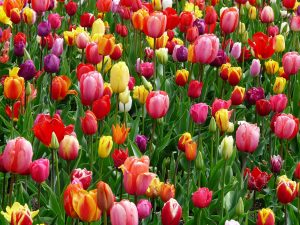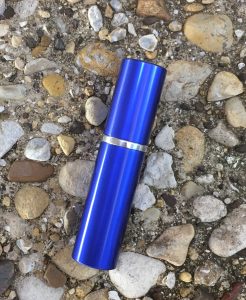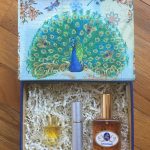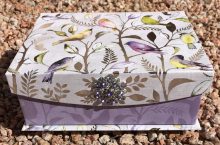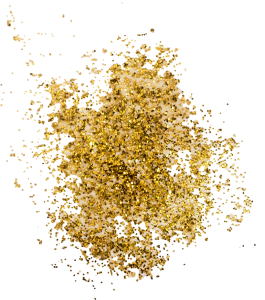
Invitation to Support the Living Legacy of JoAnne Bassett
A Call to Those Who See Beyond the Scent
Over the past decades, my perfumes have touched the lives of many—not merely as fragrances, but as sacred vessels holding the frequencies of divine feminine grace, royalty, remembrance, and alchemy.
Each formula I’ve created is a living energetic talisman, designed not just to adorn the body, but to awaken the soul.
As I transition into retirement, I am offering an opportunity for those who have journeyed with me—clients, friends, patrons of sacred beauty—to support the preservation and elevation of this legacy.
You are invited to become a Patron of the Perfume Codex:
– Whether through donation, gifting, or sacred endowment
– Whether you wish to receive the formulas, or simply honor their essence
– Whether you’ve worn them, remembered them, or held them close
You are part of this legacy.
And if you feel called, you may help carry it forward.
Ways to Support:
– One-time sacred donation – honoring the energetic value of what you’ve received
– Legacy patronage – supporting the archiving or stewardship of the 70+ perfume formulas
– Gifting for preservation – acquiring the codex not to use, but to house as sacred art
– All support—energetic or financial—is received with love and devotion.
The Perfume Codex: A Legacy Talisman
This is not merely a collection of formulas. It is my life’s sacred archive —
70+ original perfume formulas, hand-printed on parchment, sealed in a beautiful legacy box, and offered as a light-encoded talisman.
It is designed to be preserved like a family Bible blessed by the Pope —
a collector’s heirloom, a spiritual document, a final vessel of alchemical beauty.
This Codex is available to one who feels called —
not for production, but for remembrance.
To display. To honor. To protect.
If that one is you, you will know.
To offer your gift or inquire privately about legacy options:
– Email: joanne@joannebassett.com
– Venmo: @JoAnne-Bassett-5 (This is the only account I have.)
– PayPal: @JoBass9
– Send a Check or Cashiers Check to: JoAnne Bassett, P O Box 166, Siler City, NC 27344
Thank you for being part of this journey.
This is more than perfume.
This is the light of essence made manifest.
Let it live on, through you.
